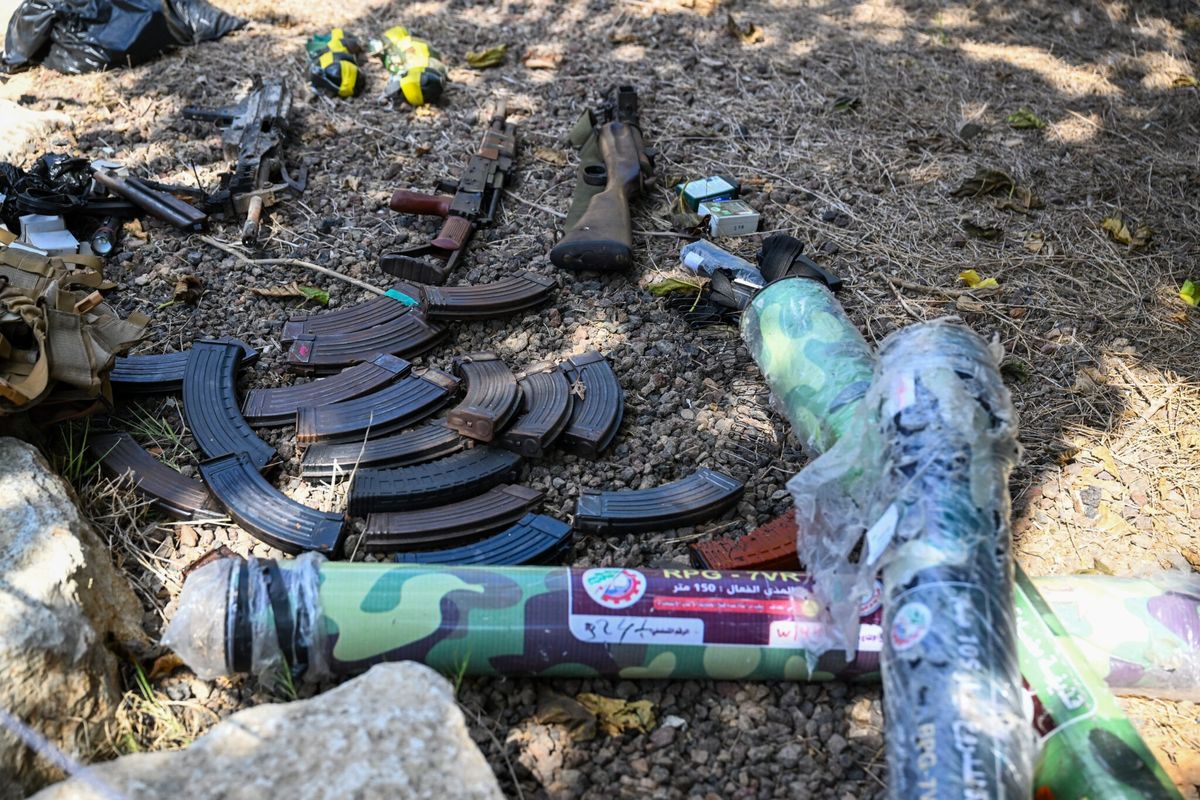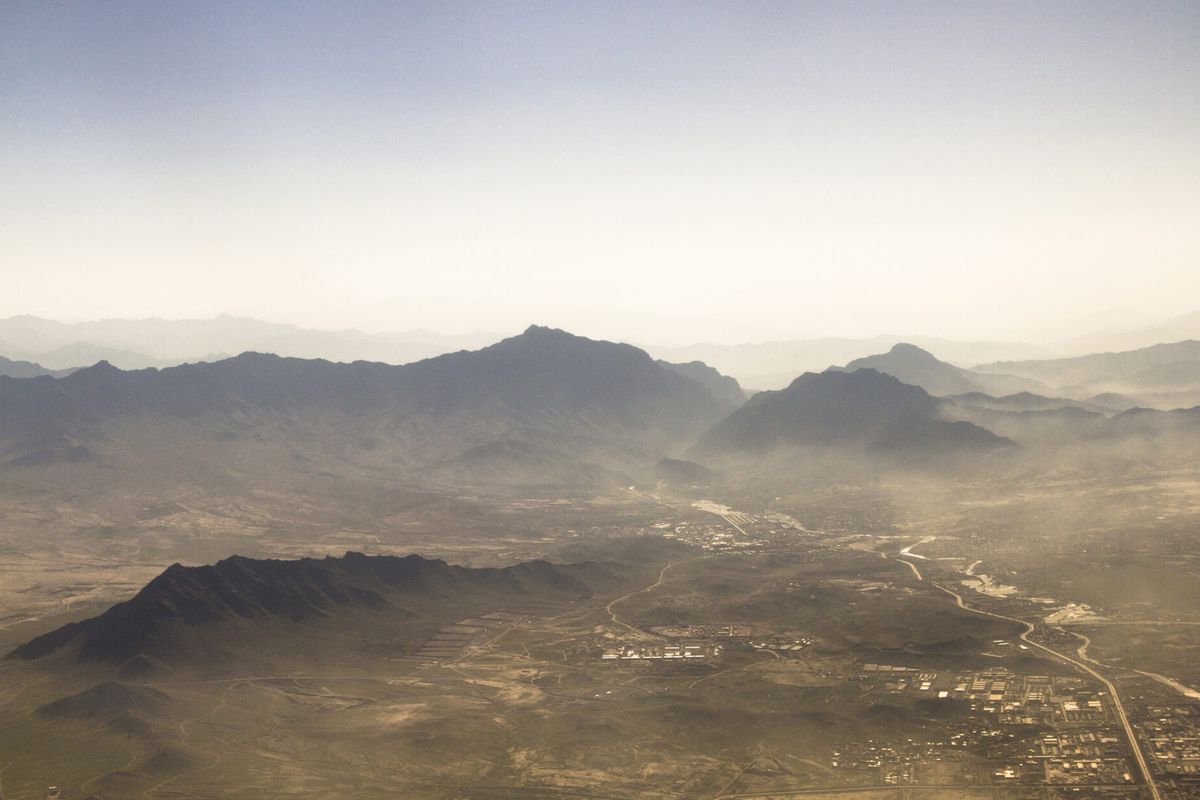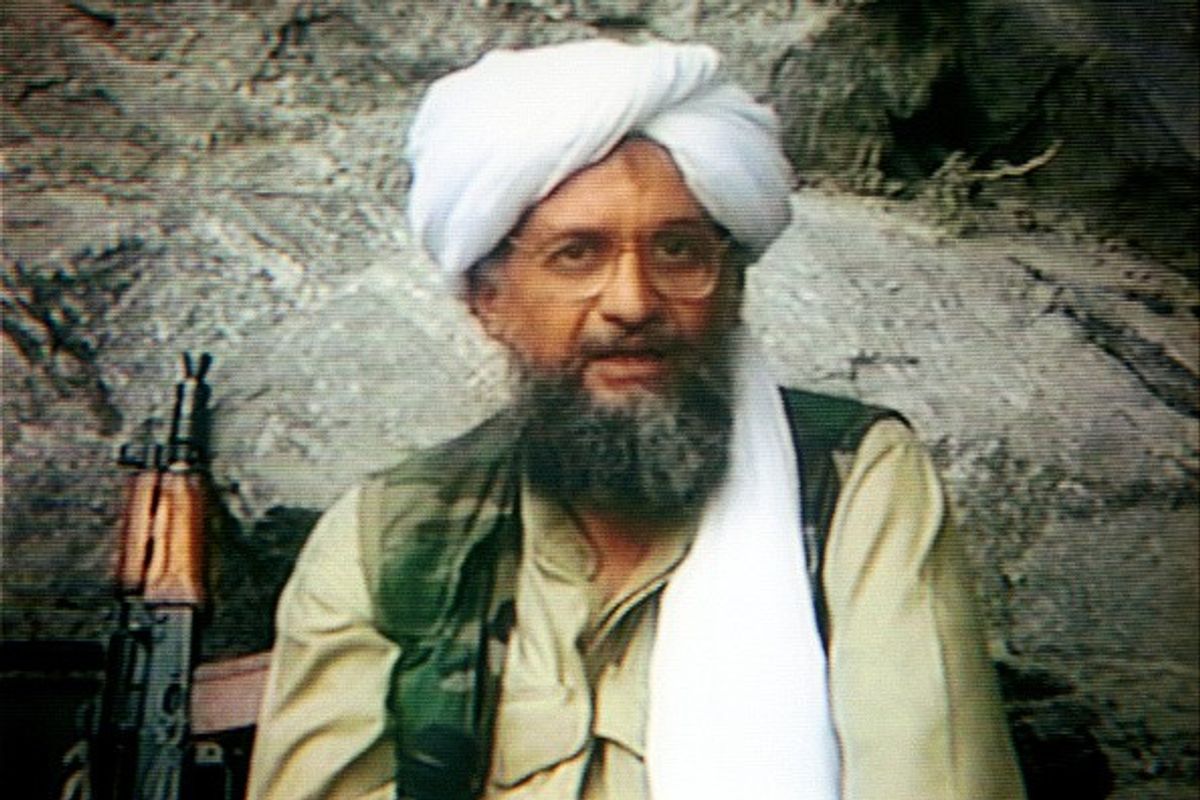The term “political Islam” has become commonplace after the Arab uprisings of 2011, during which Islamist groups rose to political prominence across the Middle East and North Africa. But what does “political Islam” really mean, and should Westerners fear it?
For most observers, the term refers to relatively moderate Islamist groups, such as the Muslim Brotherhood, who have accepted pluralist and democratic practices as a path to bring about their ideal vision of an Islamic state and society. But many critics equate the concept, directly or indirectly, with radical Islamists who collaborate with or readily join violent groups such as Al Qaeda and ISIS.
Today, proponents of the more moderate strains of political Islam find themselves under attack by counterrevolutionary forces across Middle East and North Africa in the aftermath of 2011. What future is there for them?
Historically, says Paul Salem, vice president for Policy and Research at the Middle East Institute, “political Islam is an essentially modern phenomenon. The movement has its roots in the late 19th century when some Muslim citizens began to organize to try to counter Western influence” within the Ottoman Empire.
When the Ottomans fell after World War I and the secular Turkish government of Mustafa Kemal Ataturk abolished the Caliphate in 1924, new strands of Islamic thought bent on resisting Westernization coalesced into coherent Islamist movements with political goals focused, says Salem, “on transforming, or even overthrowing, the state in order to reform both the state and society.”
Today, Islamism has become one of the most powerful political forces in the Middle Eastern and North African region. But political Islam – or as H.A. Hellyer, Senior Fellow at the Atlantic Council prefers to call it, political Islamism – spans a dizzyingly diverse spectrum of ideologies, groups and organizations.
According to Hellyer, the spectrum of Islamism can be split into three classifications:
- The international Muslim Brotherhood which, says Hellyer, forms “the mainstream of the contemporary Islamist phenomenon” and pursues the reformation of state and society in adherence with Quranic values.
- Salafi Islamism, which draws from the purist interpretation of Islam espoused by Mohammed ibn al Wahab in the 18th century and, in combination with radical interpretations of certain Brotherhood thinkers, forms the ideological foundation of violent jihadist groups such as ISIS and Al Qaeda.
- State-style Islamisms which, Hellyer says, “aren’t really about variances in religious interpretation at all.” One example is the Turkish Justice and Development Party (AKP), which seeks to draw political support from Islamist currents in society.
The relatively mainstream style of Islamism took center stage after 2011, when the Muslim Brotherhood-linked Freedom and Justice Party won Egypt’s first free and fair presidential elections, sending Mohammed Morsi to the presidential palace in 2012. The group also won a majority in parliament, cementing its control over the Egyptian government. However, the Brotherhood quickly squandered that power through the exclusion of opposition groups and inept policies that threw the nation into economic and political crisis in 2013.
While in power, says Salem, the Muslim Brotherhood “did not firewall itself off from the crazies. In fact, it built bridges with them… [reaching out to] Hamas, and even members of al Jamaa al Islamiyya, which assassinated president Anwar Sadat.” In this way, the group gave opponents ammunition to build support for the military coup that deposed Morsi in 2013 and to repress the Egyptian Muslim Brotherhood.
Since the coup, the military-backed government of Egyptian President Abd al Fattah al Sisi has killed hundreds of Muslim Brotherhood protesters – most spectacularly during the violent dispersal of a sit-in at Raba’a Square in Cairo. Al Sisi has labeled the group a terrorist organization, driving its members deep underground. The Trump administration has considered applying a similar label but so far has not yet done so.
In the wake of the Egyptian organization’s swift rise and equally fast fall from grace, many have asked whether Brotherhood-style mainstream political Islam is now on the decline. Most experts say no. For one thing, the concept of political Islam encompasses far more than the Muslim Brotherhood. For another, the Brotherhood itself is an extremely diverse organization, with independent chapters in nearly every nation in the Middle Eastern and North African region, with particularly influential branches in Tunisia, Jordan, and Kuwait. These groups have their own histories, ideologies, and political strategies, and they have learned from the mistakes made in Egypt.
Nowhere is this more evident than Tunisia where, Hellyer says, the Islamist party Ennahda “has prioritized the democratic experiment in Tunisia over its own political priorities.” Like the Egyptian Muslim Brotherhood, Ennahda won parliamentary elections in 2011, then formed a ruling coalition with two secular parties and, during a constitutional drafting crisis in 2013, the group willingly stepped back and conceded power to a neutral technocratic government. Ennahda has diligently separated the religious and political wings of its movement and now shares power as a junior member of the ruling parliamentary coalition.
This form of political Islam – “Muslim Democracy,” as Ennahda’s founding leader, Rached Ghannouchi likes to call it – is often held up as an ideal archetype to which political Islamists and regional governments should aspire. But there are other successful models. In Morocco, for instance, the ruling monarchy holds wide executive powers, yet allows the Justice and Development Party (PJD), the country’s main Islamist party, to contest and win elections.
At the end of the day, says Salem, “political Islam is simply part of the fabric…in pretty much all of these societies.” As the experiences of Tunisia and Morocco demonstrate, centrist Islamist parties can play a peaceful and productive role in political life. But in many nations, a centrist Islamist movement that can coexist with secular political factions is a long way off, at best.
There can be little doubt that, as Hellyer observes, “Brotherhood-style Islamism is much more on the back foot” after 2013 because of “severe disruption internally due to the rise of radical tendencies among its ranks.”
The moderate political Islamists of the Middle East are not extinct, but they could become an endangered species.
Fritz Lodge is an international producer at The Cipher Brief. Follow him on Twitter @FritzLodge.













